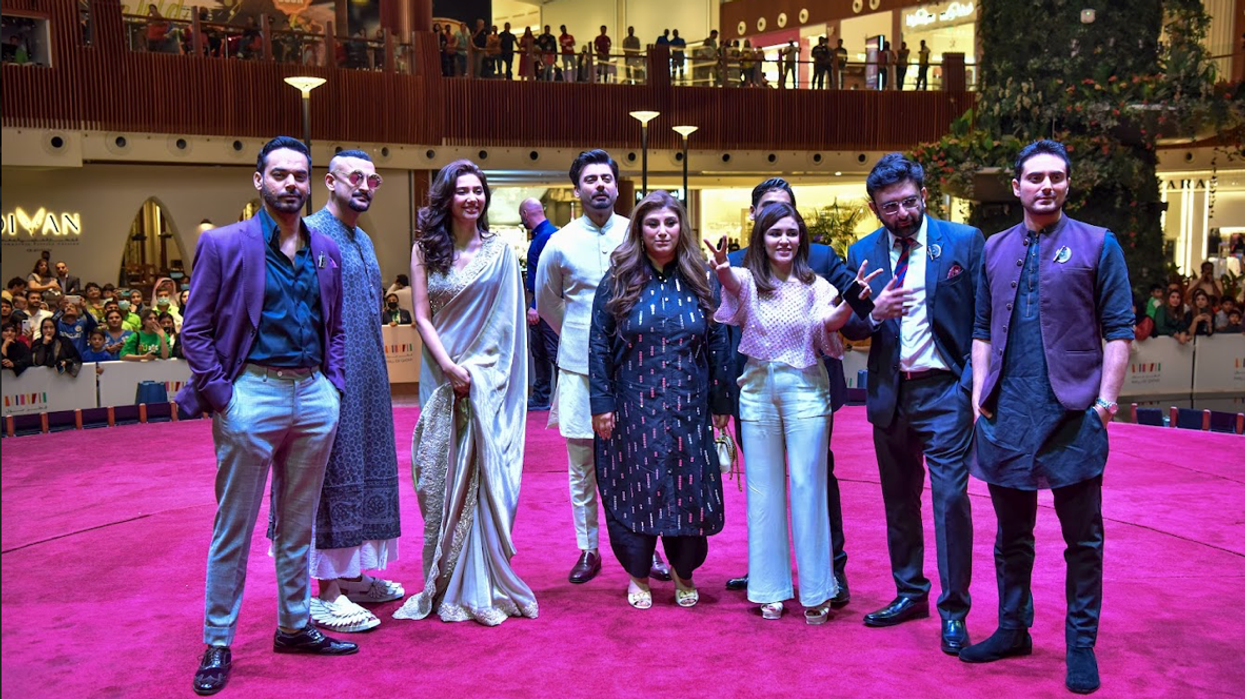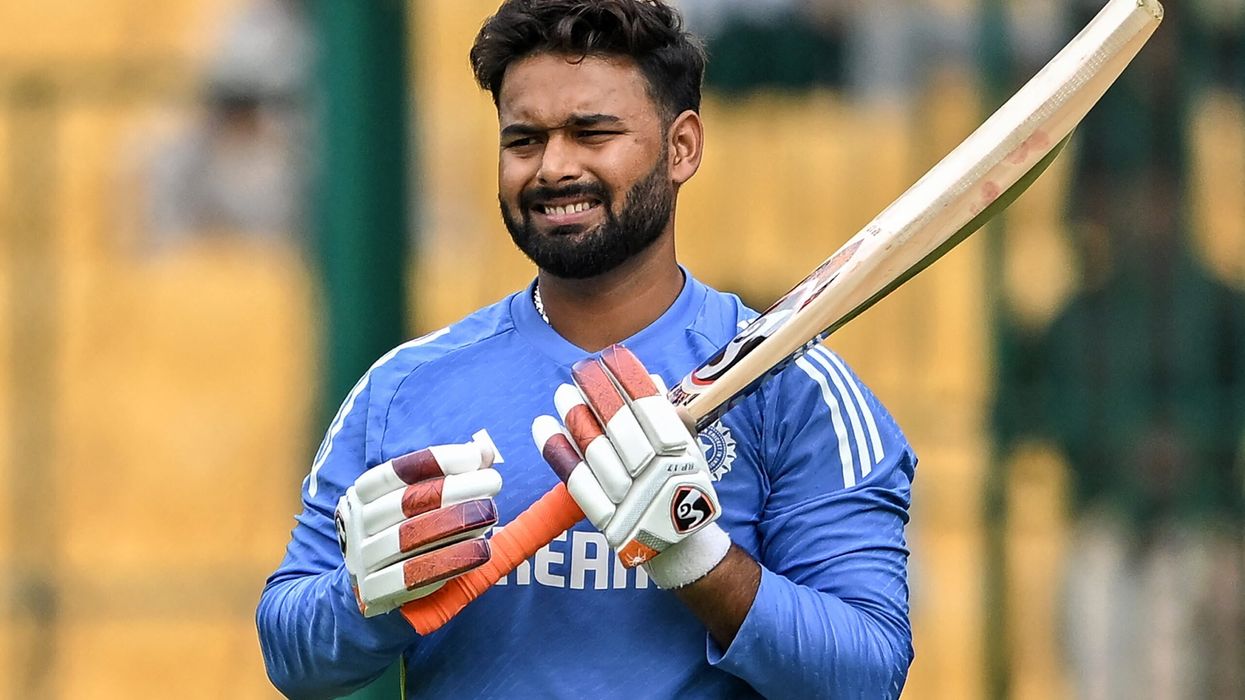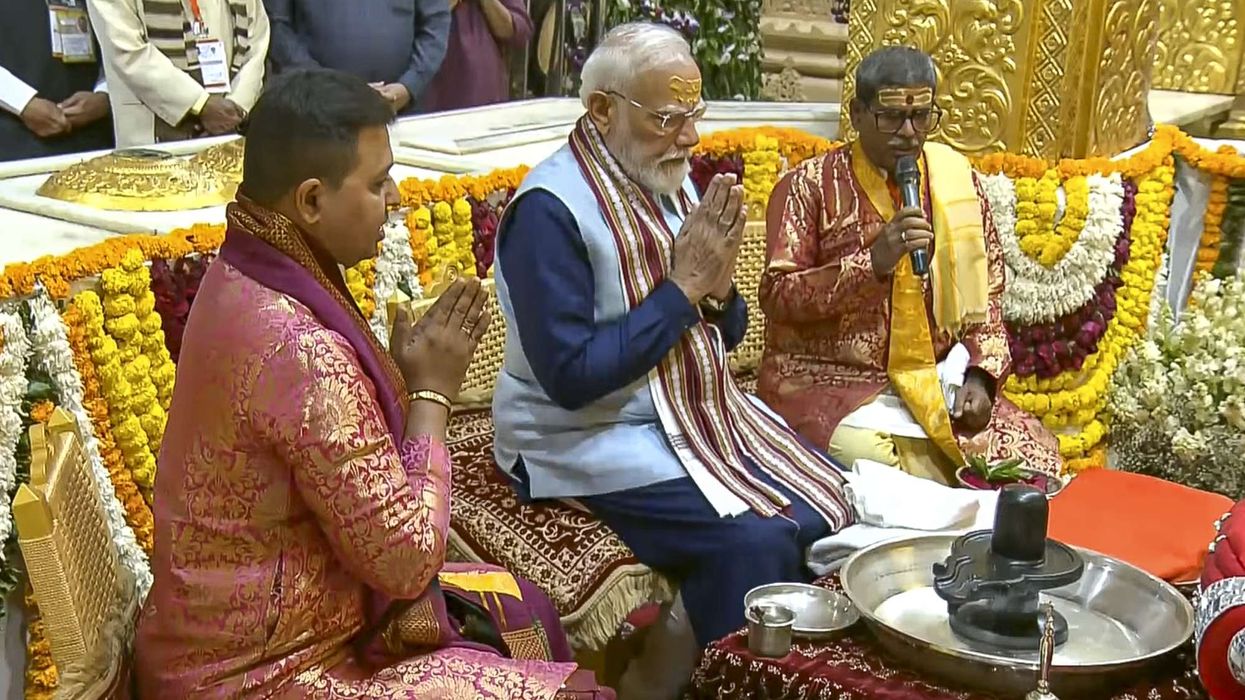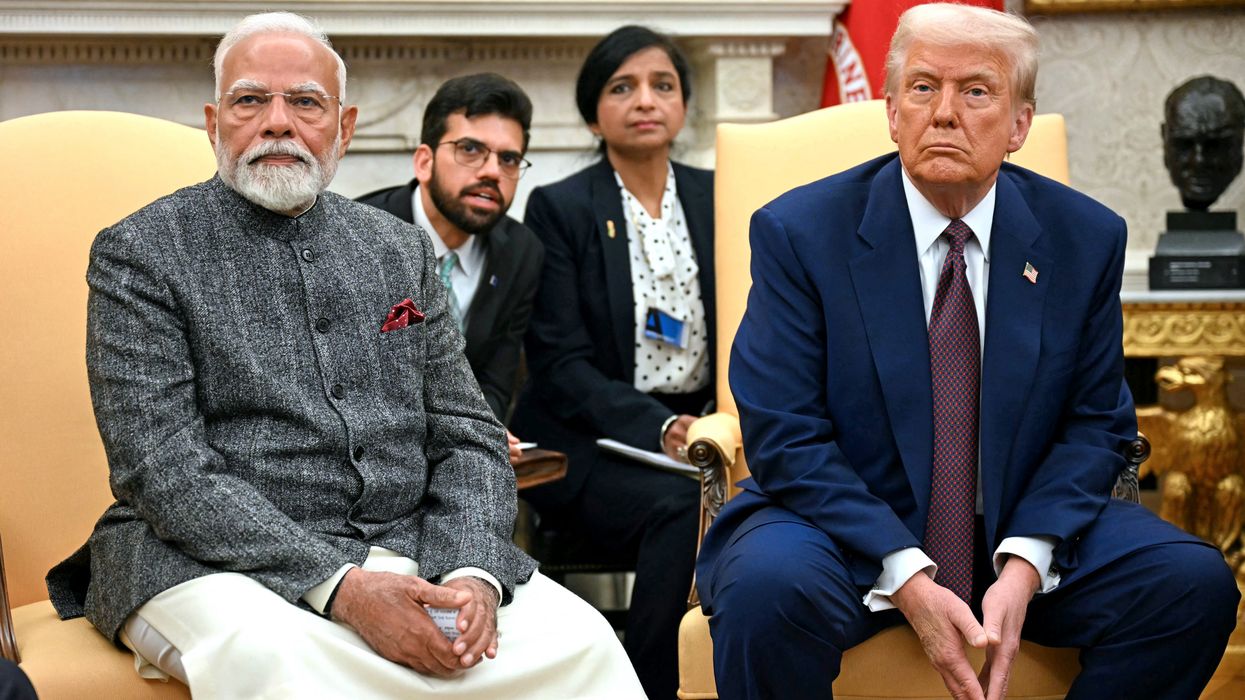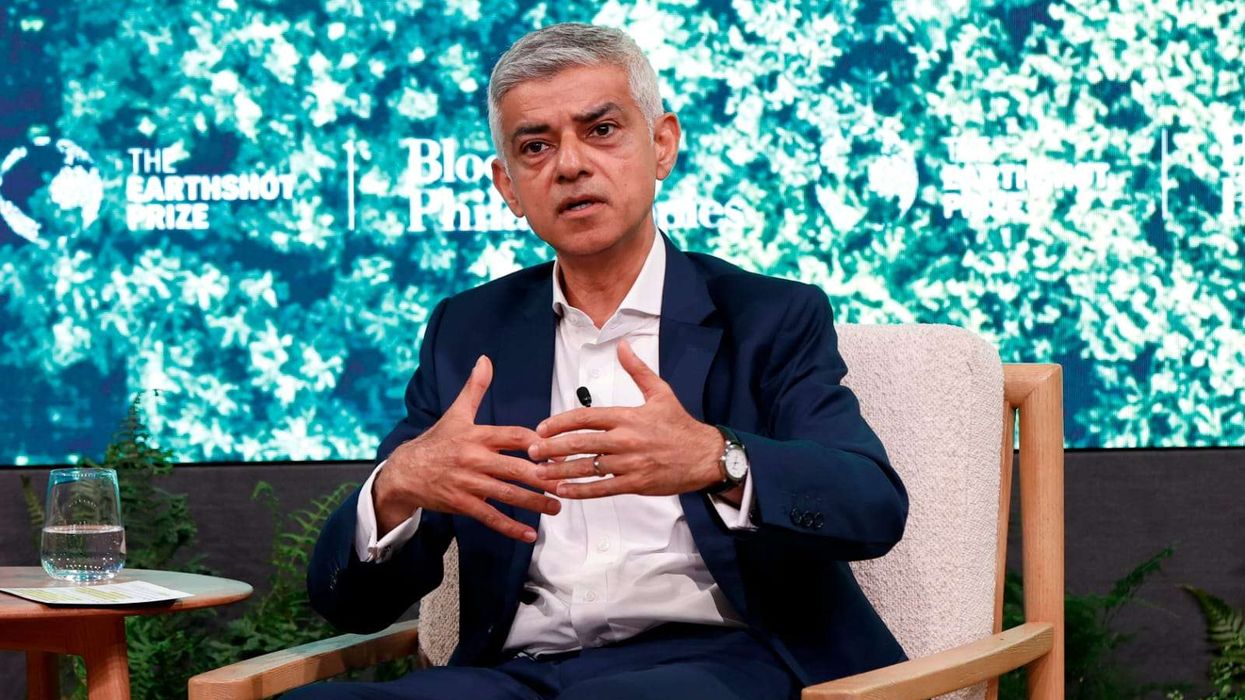The star-studded red carpet premiere for The Legend of Maula Jatt made South Asian film history last night, at the Novo Cinema — Mall of Qatar in Qatar. FAB Entertainment, a Qatar-based entertainment company partnered with Qatar Tourism for the world premiere of the anticipated release with a glittering celebrity lineup.
The stellar cast in attendance included Fawad Khan, Mahira Khan, Gohar Rasheed, and Faris Shafi, as well as the director of the film Bilal Lashari and producer Ammara Hikmat. The film is a reboot of the Punjabi cult classic Maula Jatt which released in 1979 and ran in local cinemas for several years. Now, in the making for nearly half a decade, this highly anticipated reboot was well worth the wait, as it left the audience glued to their seats with an experience that thrilled all visual senses.
The appearance of the cast along with the director and producer of the film at Mall of Qatar’s Oasis pulled crowds like a tidal wave. The cast interacted with the ecstatic fans and expressed their joy of being in Qatar for the premiere of The Legend of Maula Jatt. The fans were also treated to a live performance by Faris Shafi, bursting into cheers as he sang.
Speaking on the occasion, Mahira Khan said, “I don’t think we could have had a better first international premiere than in Qatar. And even if you don’t know Punjabi, it is okay, we want you to watch it twice or thrice,” Fawad Khan added, “This is the only international premiere of the film happening and why not make it special with you guys in Doha.”
Chief Operating Officer of Qatar Tourism, Berthold Trenkel, said: “We were truly delighted to offer a warm welcome to the world premiere of the magnum opus “The Legend of Maula Jatt” in Qatar last night. It’s been a joy to see different cultures and industries come together to create a historic treat for action movie fans, and we hope that the cast and crew enjoyed Qatar’s hospitality during their stay.”
FAB Entertainment’s CEO, Fauzia Vohra said: “Maula Jatt’s World Premiere in Qatar was a massive success tonight with record numbers showing up at theatres to watch the movie and catch a glimpse of their favourite stars on the red carpet! Clearly, Maula Jatt is a turning point for Pakistan cinema. Audiences were ecstatic to see their favourite duo Mahira and Fawad reunite on screen again. And what better place than Doha to host this world premiere given Qatar’s enviable position as a dream destination and a regional leader in film, fashion, culture and performing arts. Here is to many more!”
Director Bilal Lashari added: “Qatar is a global stage right now, celebrating films and culture and bringing people together from around the world. We’re thrilled to be doing our international premiere here tonight. Everyone has been so supportive here and we’re eager to share our labour of love with them.”
The makers of the film recently announced that the proceeds from first-day shows will be donated to the flood victims in Pakistan.
Directed by Bilal Lashari and produced by Ammara Hikmat (Encyclomedia), the movie is Lashari’s take on the “Gandassa” genre set in provincial Punjab in Pakistan and tells the story of Maula Jatt (Fawad Khan), a heroic, prized warrior who has a fierce face off with his arch nemesis Noori Natt (Hamza Ali Abbasi) in an epic battle of revenge for honour and glory. Mahira Khan plays the female lead as Mukkho Jatti with Humaima Malik as Daaro Nattni.
